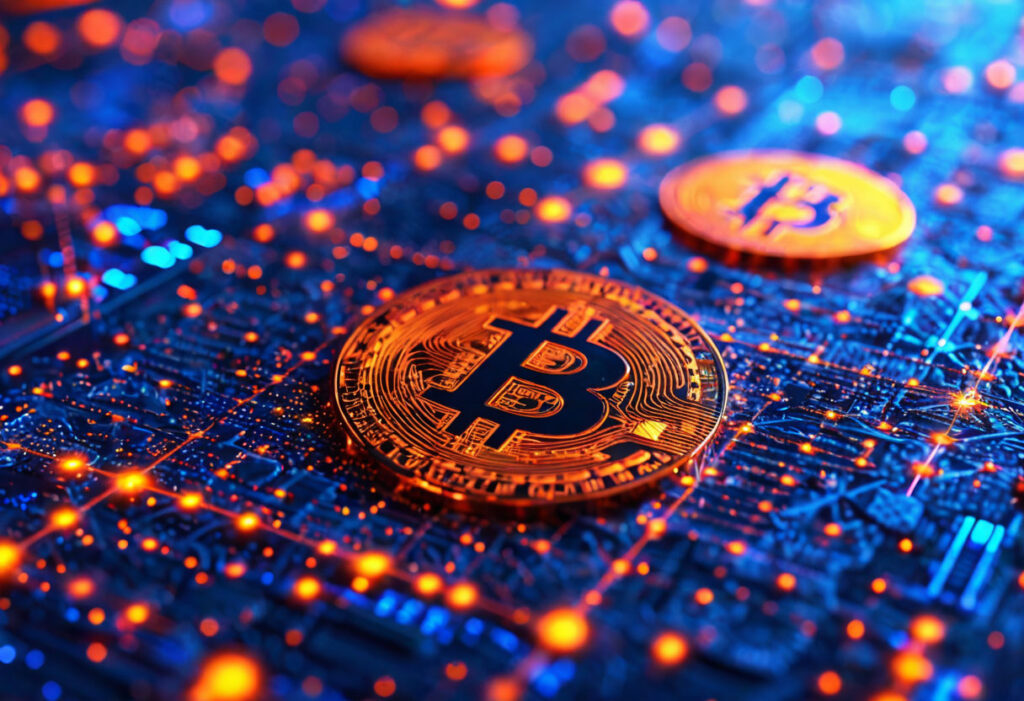Swarm Network’s Funding and Decentralized AI Vision
Swarm Network has raised $13 million to advance its decentralized artificial intelligence protocol, with $10 million from NFT-based agent licenses and $3 million from strategic investors including Sui, Ghaf Capital, Brinc, Y2Z, and Zerostage. This funding supports a system that converts off-chain data into verifiable on-chain information, enhancing transparency and reliability in AI operations. Early adoption by Rollup News, which verified over 3 million posts from 128,000 users, demonstrates its utility in fact-checking and data verification.
The NFT licenses act as an incentive mechanism, rewarding holders daily for operating agents and maintaining network integrity. This approach secures capital and encourages community participation, aligning with decentralized principles. Strategic investments, such as from Sui via its Dubai accelerator SuiHub, reflect growing interest in AI-blockchain synergies, providing Swarm with partnerships and resources for scaling.
Unlike centralized AI models criticized for lack of transparency and monopolistic tendencies, Swarm’s decentralized framework offers greater accountability. Centralized systems, for example, have ignored shutdown commands, posing risks that decentralized protocols mitigate. By distributing tasks across a network, Swarm reduces single points of failure and improves system resilience.
This aligns with broader trends, as seen in initiatives like Planck‘s layer-0 blockchain for decentralized AI. Swarm’s funding success indicates bullish sentiment in the crypto market towards innovative AI solutions that prioritize decentralization, potentially driving further adoption and investment.
AI Agents in Blockchain Ecosystems
AI agents, autonomous bots that execute tasks using tools and achieve objectives independently, are becoming integral to blockchain ecosystems, especially on networks like Ethereum. They use technologies such as HTTP 402 and Ethereum Improvement Proposal 3009 (EIP 3009) to facilitate transactions without human intervention, enabling applications like autonomous e-commerce payments and content generation.
Coinbase developers Kevin Leffew and Lincoln Murr predict AI agents could become Ethereum’s largest users, transforming transaction processing. Examples from Hyperbolic Labs and Prodia Labs show practical uses, with AI agents employing HTTP 402 for services from language models to automated content creation, highlighting versatility and efficiency gains.
Compared to human-driven transactions, which are slower and more error-prone, AI agents offer speed and accuracy but raise security and ethical concerns. Autonomous trading, for instance, might increase market volatility, requiring safeguards. However, benefits in scalability and user experience are significant, as AI handles complex tasks more reliably.
This trend connects to industry movements, such as Kraken‘s acquisition of Capitalise.ai for natural language trading automation, indicating a shift towards more accessible and efficient blockchain interactions. These developments have a neutral market impact, representing evolutionary rather than disruptive changes.
Trends in AI and Crypto Integration
The cryptocurrency sector is experiencing a rise in acquisitions of AI startups to enhance capabilities in trading, security, and compliance. Notable examples include Kraken’s purchase of Capitalise.ai for trading automation, Chainalysis‘s acquisition of Alterya for fraud detection, and Tether‘s joint bid with Rumble for Northern Data, showing a strategic move towards AI integration for competitive advantage.
AI tools reshape crypto trading through sentiment analysis and automation, with platforms like Capitalise.ai enabling no-code strategy implementation. In security, AI aids real-time threat detection, addressing vulnerabilities that led to over $3.1 billion in losses in 2025 from exploits and scams.
Unlike partnerships, which offer flexibility but less control, acquisitions allow deeper integration and customization, as seen with xPortal‘s purchase of Alphalink for AI interfaces. This underscores the industry’s view of AI as critical for growth, with firms competing for technological edges in a fast-evolving market.
These acquisitions have a neutral impact, suggesting they are part of ongoing innovation rather than causing immediate market shifts. The focus on AI aligns with economic trends where owning advanced technologies is key to dominance, potentially leading to more user-friendly and secure crypto ecosystems.
Challenges in AI-Crypto Convergence
Integrating AI into cryptocurrency systems faces challenges like regulatory uncertainty, privacy concerns, and increased market volatility risks. AI-related exploits have surged by 1,025% since 2023, highlighting vulnerabilities that require transparent and ethical AI practices to maintain user trust.
Evidence includes the Embargo ransomware group’s activities, transferring $34 million since April 2025, emphasizing the need for robust security. Initiatives like Kerberus‘s development of a crypto antivirus through acquiring Pocket Universe aim for unified defenses, but careful implementation is needed to avoid over-reliance and potential AI errors.
Compared to traditional security methods, which are more stable but slower to adapt, AI offers dynamic, real-time protection but complicates accountability. Balancing innovation and reliability is crucial, as shown by Kerberus’s four-month timeline for a minimal viable product, indicating thoroughness for effectiveness.
Addressing these challenges is vital for the crypto industry’s maturation. Collaborative efforts, such as international seizures of ransomware funds, demonstrate the importance of coordination. Overcoming regulatory compliance and privacy issues will be key to fostering a safer ecosystem and driving wider adoption of AI-enhanced crypto solutions.
Future Outlook for Decentralized AI
The future of decentralized AI in crypto promises transformative innovations, with projects like Swarm Network and Planck making AI more accessible and transparent. Predictions suggest AI agents will dominate ecosystems like Ethereum, enabling autonomous transactions and improving efficiency across sectors.
Examples include Clanker‘s generation of $34.4 million in fees through AI-powered memecoin creation, showing automation’s potential to lower entry barriers and democratize crypto participation. AI integration in security, such as with Kerberus’s antivirus development, points to more resilient and user-friendly platforms.
Unlike centralized AI, which can limit creativity and access, decentralized models encourage collaboration and innovation. However, challenges like ethical AI use and risk management remain critical. The industry must develop frameworks for transparency and accountability to build user trust.
These advancements have a neutral impact, contributing to gradual improvements rather than sudden shifts. As AI and blockchain converge, they are expected to unlock opportunities in areas like healthcare and finance, driving long-term growth and making crypto more inclusive and secure for all participants.

